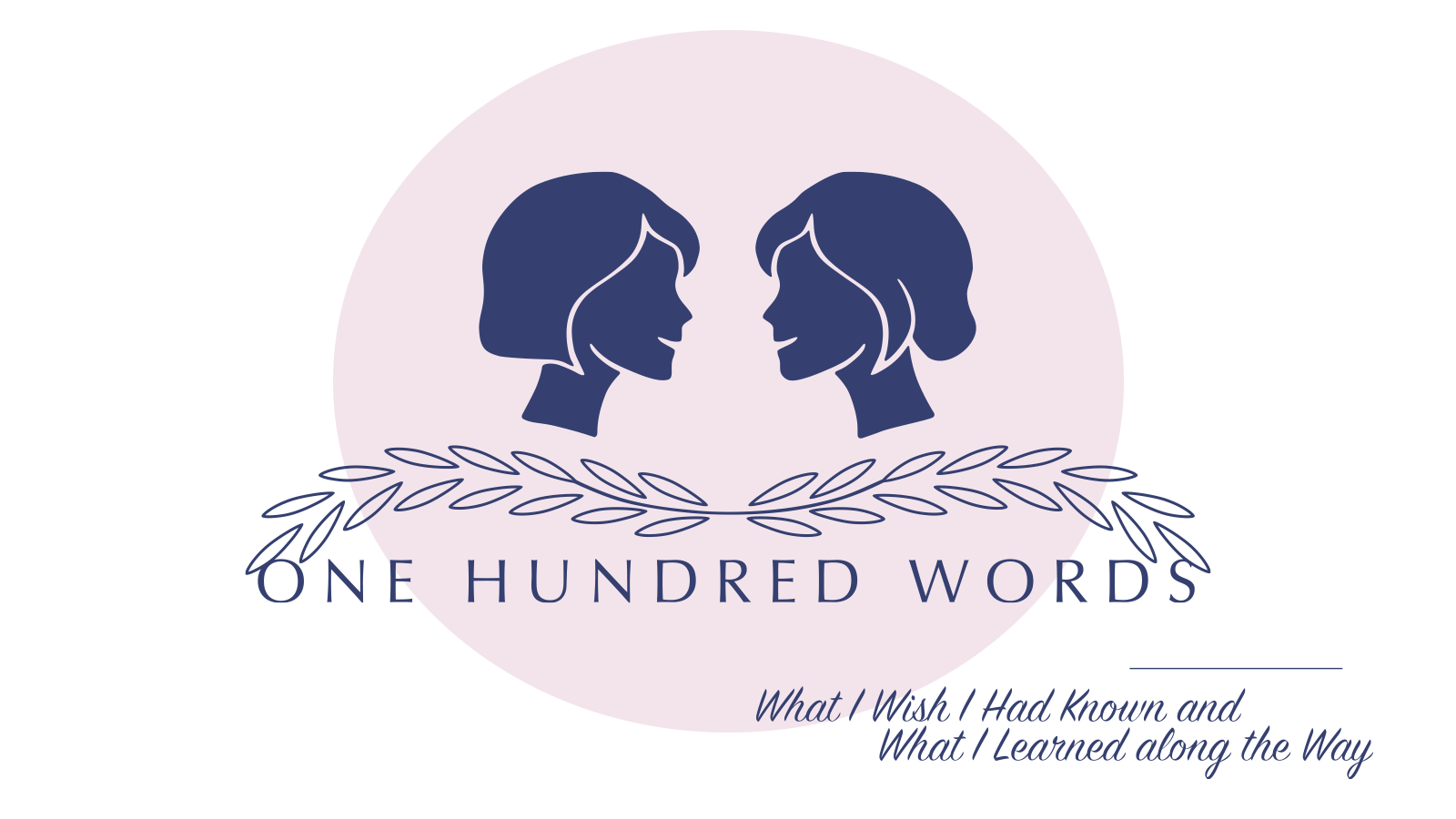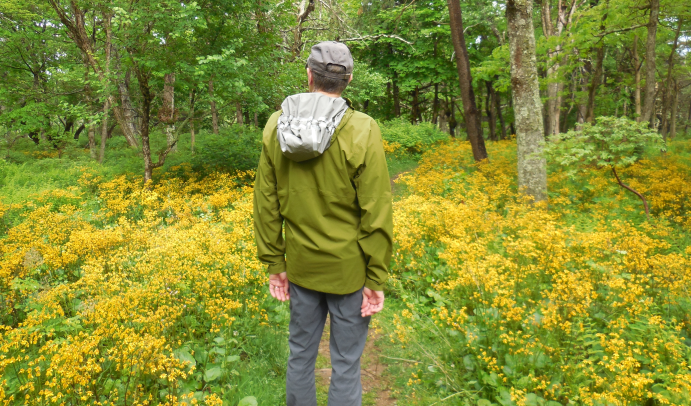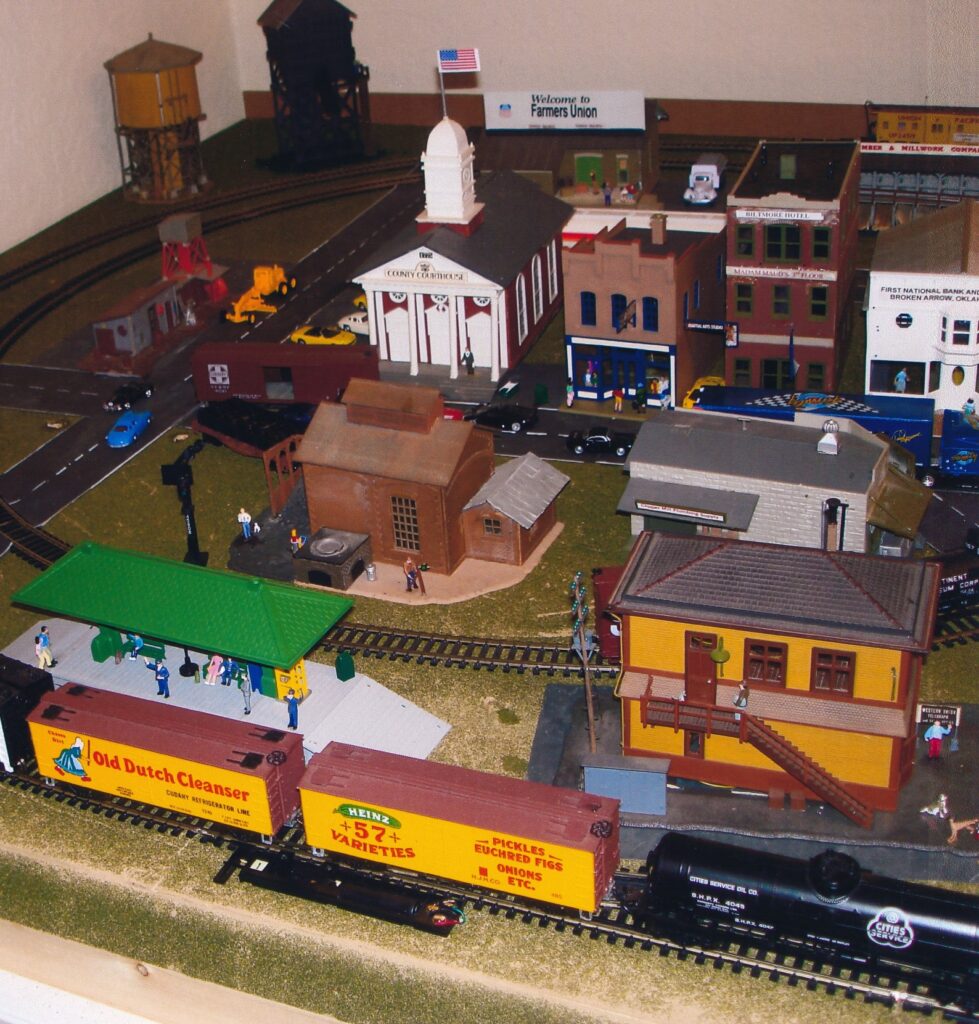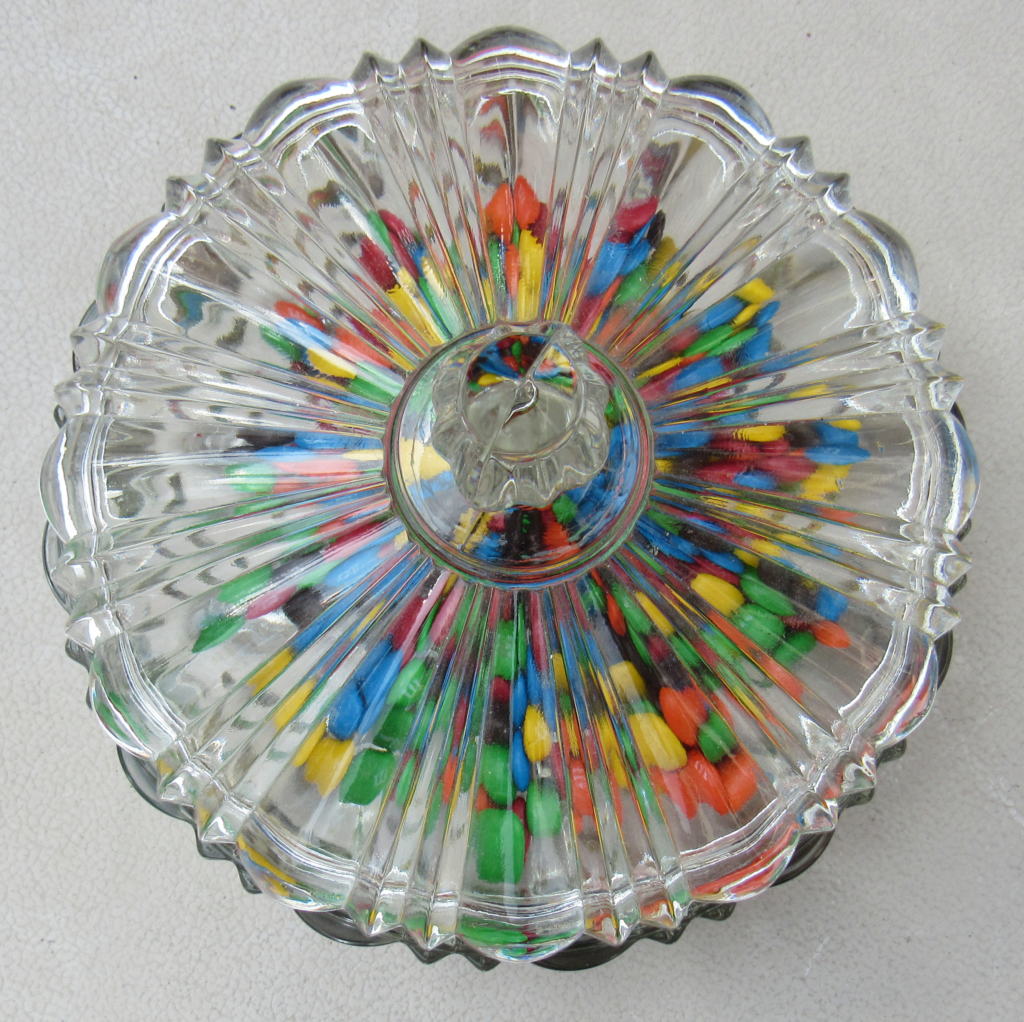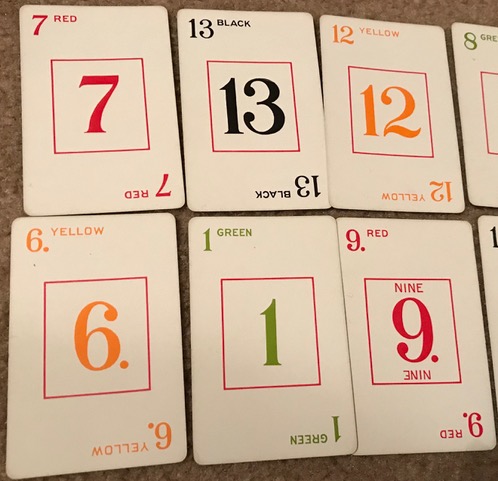Sharing memories can bring conflict and confusion. (See Unreliable Memories Here) Sharing can also bring clarity and healing.
In eighth grade—upon returning from school—I was told that my brother had run away. My father was searching. I was worried and confused. Why was my brother so unhappy? I wondered for decades until I asked.
“I never ran away,” my brother said. “Jeff and I skipped school. We got caught because of the snow. We didn’t expect an early dismissal.”
I didn’t remember snow.
“No,” I said. “The principal called to ask if you were supposed to be at school. Daddy had been searching since morning.”
A substitute teacher had called roll and thus attention to my brother’s absence. A classmate had seen my brother and his friend on school grounds. The diligent substitute told the principal, who called my mother.
My brother never knew there was a substitute teacher and hours of combing the woods behind the school.
We exchanged numerous details. Our combined memories gave a complete story. My heart rejoiced. My brother had been hanging out with a friend—not trudging down a road and severing family ties.

Any painful memories? Would asking questions help?
